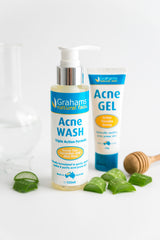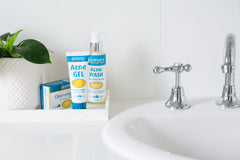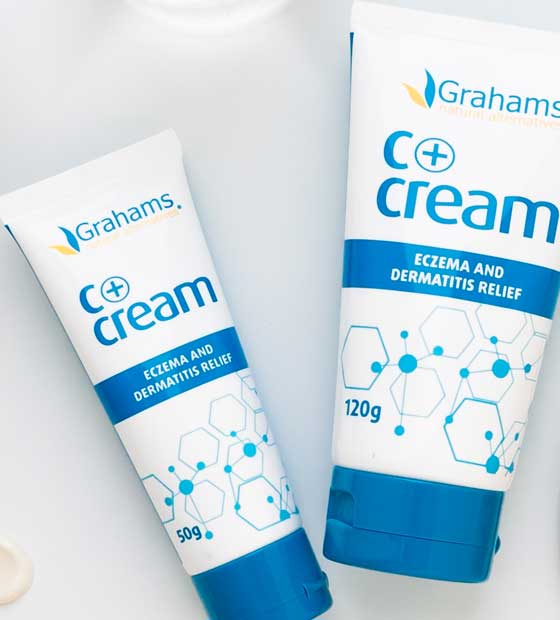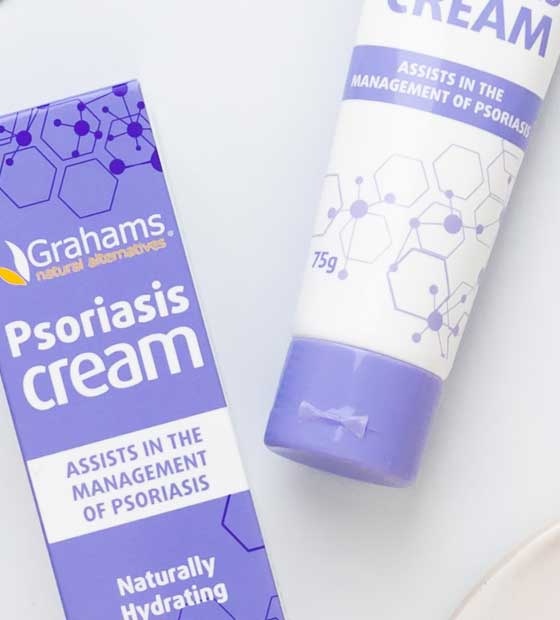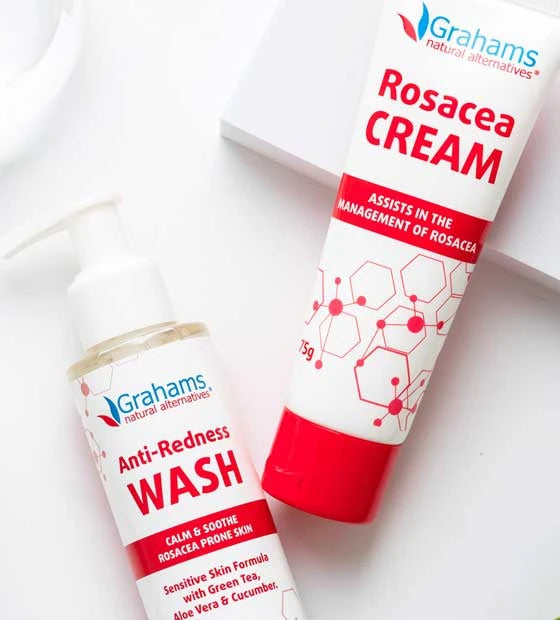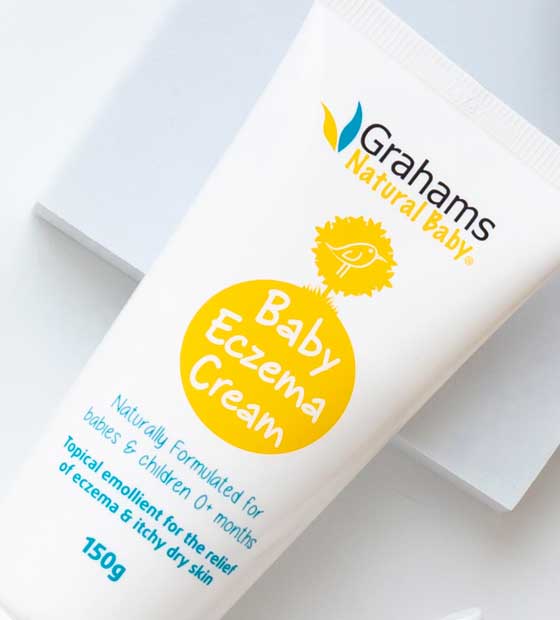Acne
Acne treatment
What is Acne?
Acne, pimples, spots or zits no matter what you call it is an annoying skin condition that rears its ugly head when you least expect it! You will be happy to know though that you are not alone as acne affects males and females of all races and ethnicity. It is prevalent in adolescents and young adults, with 85% of 16 to 18 year-olds affected. However, it may sometimes occur in children and adults of all ages.
Simply speaking Acne is a common chronic disorder affecting the hair follicle and sebaceous gland, in which there is expansion and blockage of the follicle and inflammation.
What are the clinical features of Acne?
Acne is often confined to the face but it may involve neck, chest and back.
It is characterised by:
- Open and closed uninflamed blackheads and whiteheads
- Inflamed papules and pustules
- In severe acne, nodules and pseudocysts
- Post-inflammatory erythematous or pigmented macules and scars
- Adverse social and psychological effects.
Severity is classified as mild, moderate or severe.
- Mild acne: total lesion count <30
- Moderate acne: total lesion count 30–125
- Severe acne: total lesion count >125

The pimples and bumps heal slowly, and when one begins to go away, others seem to crop up. Depending on its severity, acne can cause emotional distress and scar the skin. The earlier you start treatment, the lower your risk of such problems.
Factors that may worsen acne
These factors can trigger or aggravate acne:
- Hormones. Androgens are hormones that increase in boys and girls during puberty and cause the sebaceous glands to enlarge and make more sebum. Hormonal changes related to pregnancy and the use of oral contraceptives also can affect sebum production. And low amounts of androgens circulate in the blood of women and can worsen acne.
- Certain medications. Examples include drugs containing corticosteroids, testosterone or lithium.
- Diet. Studies indicate that certain dietary factors, including skim milk and carbohydrate-rich foods — such as bread, bagels and chips — may worsen acne. Chocolate has long been suspected of making acne worse.
- Stress. Stress can make acne worse.
Acne myths
These factors have little effect on acne:
- Greasy foods. Eating greasy food has little to no effect on acne. Though working in a greasy area, such as a kitchen with fry vats, does because the oil can stick to the skin and block the hair follicles. This further irritates the skin or promotes acne.
- Hygiene. Acne isn't caused by dirty skin. In fact, scrubbing the skin too hard or cleansing with harsh soaps or chemicals irritates the skin and can make acne worse.
- Cosmetics. Cosmetics don't necessarily worsen acne, especially if you use oil-free makeup that doesn't clog pores and remove makeup regularly. Non oily cosmetics don't interfere with the effectiveness of acne drugs.
What we recommend?
Grahams Natural new Acne Gel and Acne Wash was formulated around the powerful ingredients of Aloe Vera, Calendula, Gotu Kola, Witch Hazel and active Manuka Honey. Suitable for even the most sensitive skin types, this calming gel will cool and soothe troubled skin, helping to reduce redness and inflammation for a clearer complexion.
We take a 2 step approach with our triple action formula.

